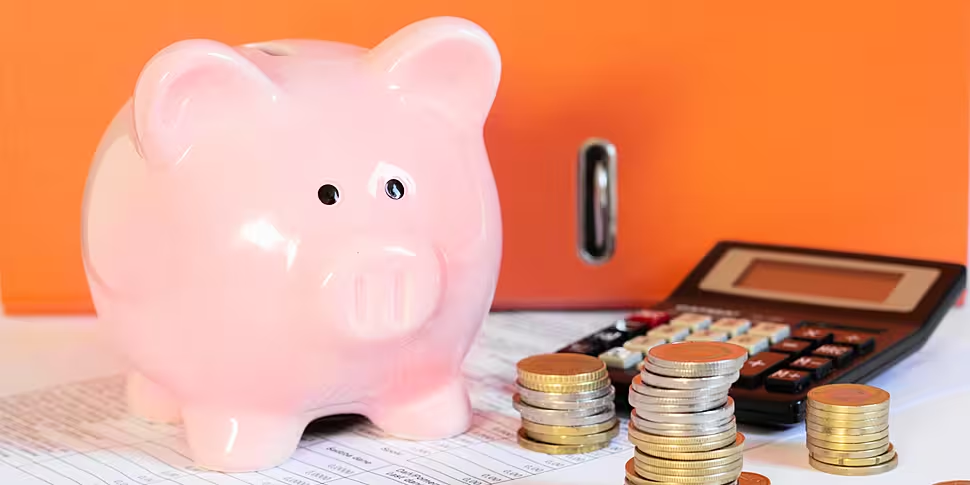Putting your money in a savings or deposit account has long been considered a safe and reliable way to store your money, while earning some interest in the process.
However, a double whammy of high inflation and the looming threat of negative interest rates means the picture has changed somewhat.
Some banks are already applying negative interest rates to pension accounts - effectively meaning the bank is charging customers to hold their cash.
Other banks have applied similar negative rates for business accounts.
Experts have warned more consumer accounts could soon end up in a similar situation, with the safety of depositing money in a bank coming at a cost.
However, consumer expert and The Home Show presenter Sinead Ryan told Lunchtime Live there are ways to avoid that happening.
She explained that interest rates have already been near 0% for the last five or six years, and inflation means that money you've saved is effectively being 'eaten away' slowly.
She said: "Ronald Reagan called it the silent mugger - and that’s exactly what it is.
“People who have money on deposit - it doesn’t matter whether it’s €1,000 or €1,000,000 - it’s going to buy you less next year than it does this year.
“The problem is, because it’s not visible… when you’re getting 0% or 0.001% [interest]... you kind of think it’s safe and locked away. But, of course, you are losing money in reality.
“When you introduce a known, visible negative interest rate… instead of banks paying you to mind your money, they’re going to charge you to keep it on deposit."
The European Central Bank charges banks to store money, but so far that charge has been passed onto consumers via increases in transaction fees and current account fees.
Sinead said negative interest rates on deposit accounts is not something that's "going to happen today or tomorrow, but it is absolutely coming".
Protecting your savings
This all comes against the backdrop of a significant increase in savings during the lockdown months in 2020 and 2021 - it's estimated €20 billion was saved in 2020 alone.
With so much cash being stored in deposit accounts, is there anything people can do to protect their savings?
Sinead said the first thing you should do is figure out how much 'liquid cash' you need to be able to access in case of a rainy day or unexpected expense.
It's important to have some cash saved in a place you can easily access in case you need it - so basically your traditional savings account in a bank, credit union or post office.
However, if there's money you can afford to put aside for a longer period of time - e.g. for your pension savings or for your children's college fees in the future - there are alternatives to saving accounts available.
Sinead said: "For anything in the short and medium-term, state savings - prize bonds and saving certificates offered by the post office… they are not going to charge negative interest rates.
"The bonds start from three years right up to ten years. You earn very little, but it is tax-free and it won’t go negative."
For longer-term savings - anything over eight years - Sinead suggested you should go and see a specialist investment adviser.
She explained: "Invest it in something less risky than cash - at the moment, even equities are less risky than cash if you can afford to not think about that money over the next 8-10 years.
“College fees for your young kids, your retirement pension… we need to start being clever with our money, and not keeping it all in a big deposit account and crossing our fingers."









